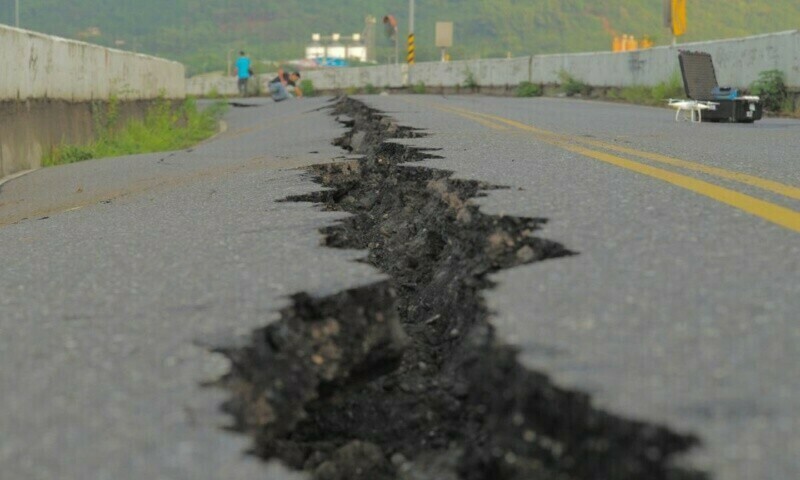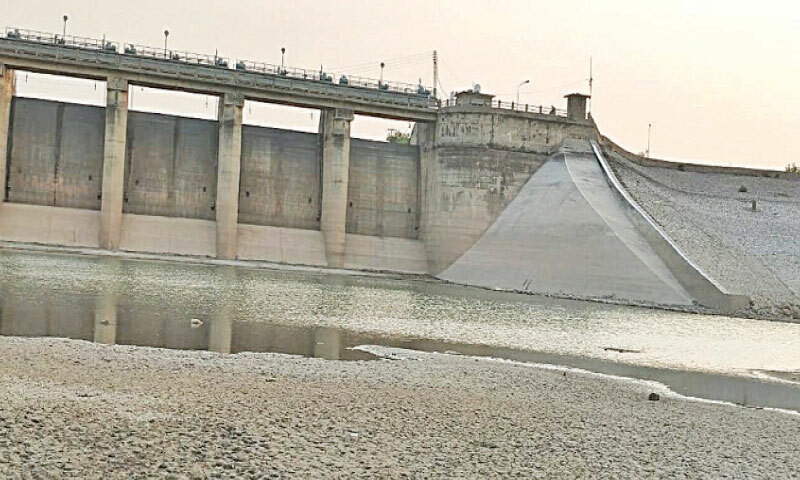Climate

While recent low-intensity earthquakes in Karachi are not considered dangerous, seismic experts have raised red flags about the city's fragile infrastructure and its inability to withstand a stronger jolt.
Over the past two days, residents in areas such as Quaidabad, Gadap Town, Malir, and DHA have reported tremors, with the highest recorded magnitude reaching 3.6 on the Richter scale. According to Chief Meteorologist Amir Hyder Laghari, the source of these tremors is a historical fault line that has recently become active. He assured that these earthquakes are part of a natural process where the fault line is releasing its stored energy. Once this energy is released fully, the tremors are expected to subside within a day or two.
“Karachi doesn’t historically fall in a major earthquake zone, and the chances of a significant seismic event are low,” Laghari noted.
Dr. Imran Ahmed Khan from Karachi University’s Department of Geography explained that the ongoing tremors are likely due to imbalances between the Indian, Eurasian, and Arabian tectonic plates. He believes the frequent minor earthquakes are part of the plates adjusting to restore balance.
Adding further scientific insight, Dr. Adnan Khan, Associate Professor at KU’s Department of Geology, detailed how the Indian tectonic plate shifts upward 4–5 centimeters annually in the Himalayan region, where it collides with the Eurasian plate. This tectonic pressure builds up and gets released through fault planes in the form of minor earthquakes.
“Karachi lies on a passive margin, far from these major plate boundaries,” he said. “That makes large earthquakes less likely here, and smaller tremors of 3 to 4 magnitude are usually not dangerous.”
However, experts agree on one alarming concern—Karachi’s infrastructure is not earthquake-resistant. Prof. Dr. Sarosh Hashmat Lodi, former vice chancellor of NED University and current head of Pakistan’s Building Code, stressed that while a large quake may be unlikely, the consequences could be dire if it occurred.
“If, God forbid, an earthquake of 5 or 6 magnitude hits Karachi, the devastation could be catastrophic,” he warned. “Many buildings are made with substandard materials, quality control is lacking, and the national building code is routinely ignored.”
He also noted that Pakistan does not manufacture billet-based earthquake-resistant iron rods and that corruption in the construction sector often results in the use of poor-quality materials. These structural vulnerabilities, he stressed, could magnify the impact of even a moderate earthquake.
The experts urged immediate attention to infrastructure standards and enforcement of seismic safety codes to mitigate the risks. While Mother Nature may pose a small threat, it is human negligence that could turn a minor tremor into a major disaster.




